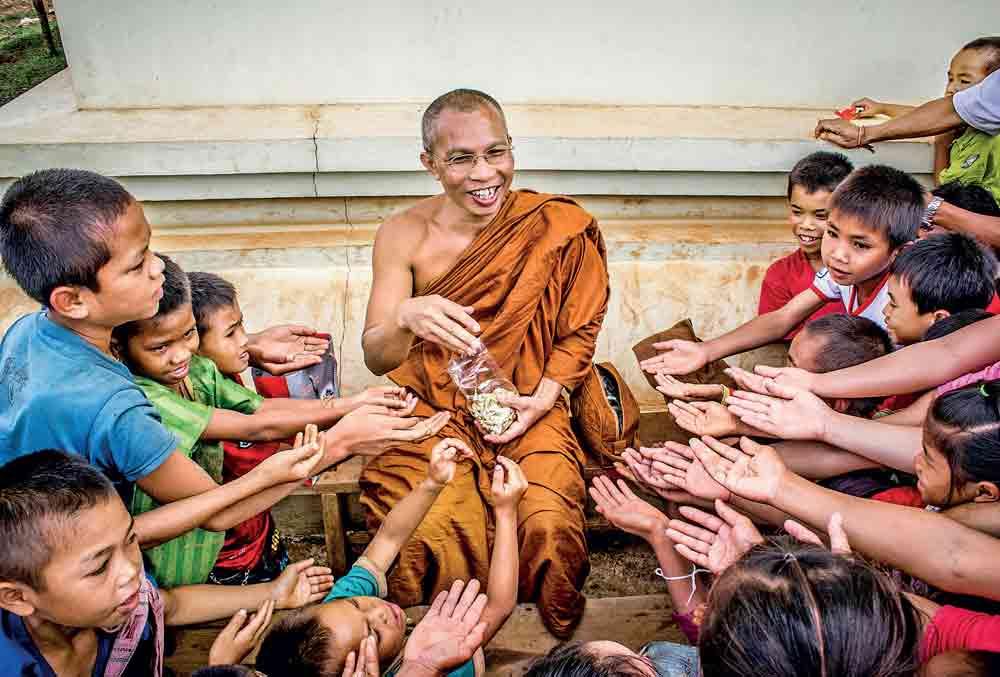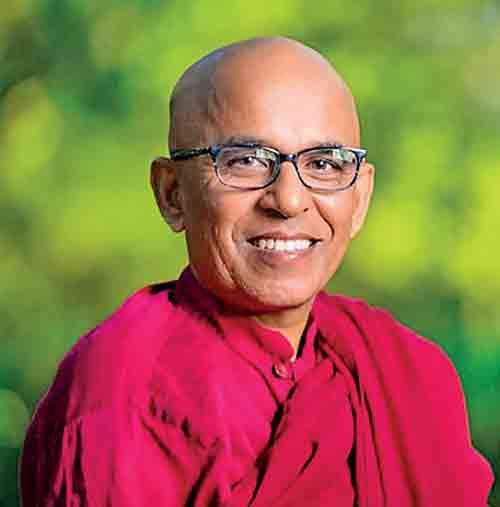
 Exploring how cultural roots and spiritual traditions redefine love as a conscious, cultivated practice, far beyond fleeting emotion. Recently, while walking down a crowded street, I dropped my handbag by accident. Before I could even react, two strangers bent down to help me gather its contents. It was a moment so brief, and yet so powerful. In a world where we’re often told to be cautious, to guard ourselves, to fear others, this small act felt like a pocket of humanity opening up around me. I thought about it for the rest of the day. Not just the kindness, but the feeling it left behind. A warmth. A softening. And I began to wonder: What if love and compassion aren’t just feelings that come and go? What if they’re practices, skills we can grow stronger in, like muscles?
Exploring how cultural roots and spiritual traditions redefine love as a conscious, cultivated practice, far beyond fleeting emotion. Recently, while walking down a crowded street, I dropped my handbag by accident. Before I could even react, two strangers bent down to help me gather its contents. It was a moment so brief, and yet so powerful. In a world where we’re often told to be cautious, to guard ourselves, to fear others, this small act felt like a pocket of humanity opening up around me. I thought about it for the rest of the day. Not just the kindness, but the feeling it left behind. A warmth. A softening. And I began to wonder: What if love and compassion aren’t just feelings that come and go? What if they’re practices, skills we can grow stronger in, like muscles?
Love That Endures
In my search to understand love as a conscious practice, I turned to Bhante Sujatha, a monk who has devoted his life to the path of loving-kindness. He became a monk at ten and now guides others around the world in the cultivation of inner peace.
He said something that truly stayed with me: “Love is a weak human emotion. Loving compassion is the quality.”
It startled me. But he explained, feelings are unstable. “At first, love is mixed with excitement,” he said. “But when that fades, the real practice begins.” Through meditation, through self-reflection, love evolves. It becomes less about emotion and more about being.
In Sanskrit, he said, there is a vital distinction between kaam and prem. “Kaam is about how I can enjoy my senses using the other person. Prem is about how I can serve the other person. They are opposites.”
Bhante’s daily mantra is deceptively simple: “I am well. I am happy. I am peaceful.” He calls this his anchor. A reminder to soften the heart, whether he’s sitting in traffic or sitting with grief. He also gently challenges the way we love others. “If your kindness depends on someone thanking you, it’s not real kindness; it’s ego.”
He spoke of those who are hard to love, the ones who test our patience, our boundaries. “I call them my angry Buddhas,” he said with a smile. “They teach me where I still have work to do.”

East, West, and the Words We Use
I also had a deeply enriching conversation with Gopinath Chandra Das, a former IIT engineer who chose a monastic path and now serves as a spiritual teacher with ISKCON in Mumbai. His insights on love from the Vedic tradition brought yet another layer of clarity.
In Sanskrit, he said, there is a vital distinction between kaam and prem. “Kaam is about how I can enjoy my senses using the other person. Prem is about how I can serve the other person. They are opposites.” He explained that in Indian philosophy, true love, prem, is inherently selfless. It’s not about gratification; it’s about service, sacrifice, and spiritual alignment. “In the West, people often mistake kaam for prem,” he observed. “But in the East, especially in Vedic thought, that distinction isn’t just linguistic; it’s foundational.”
In my search to understand love as a conscious practice, I turned to Bhante Sujatha, a monk who has devoted his life to the path of loving-kindness
There are words, too, that don’t quite translate. Rasa, for instance, he described as the emotional essence, or flavour, of a relationship with the Divine. “Even ‘mellow’ doesn’t quite capture it,” he noted.
And Achyavigraha, the sacred form of God represented in deity form, is not imagined or sculpted from creativity, but divinely revealed through scripture. “It’s not an idol. It’s given by God.” These philosophies speak to a love that is not transactional but transcendental.

Cultivating Compassion
The more I explored, the clearer it became love is not something we stumble into. It’s not passive. It’s not effortless. Psychologist and philosopher Erich Fromm wrote: “Love is not merely a feeling. It is a decision, it is a judgment, it is a promise.” He believed that love, in its highest form, is the will to nurture one’s own or another’s spiritual growth. And that growth often begins with ourselves.
Bhante Sujatha said, “Be selfish. That means take care of yourself. Like the oxygen mask, if you don’t put yours on first, you can’t help anyone else.” This isn’t the selfishness of indulgence. It’s the grounding of self-love. The kind that lets us show up for others with more presence, more steadiness, more heart.

A Way of Being
So perhaps love isn’t something we feel. Perhaps it’s something we become. In understanding the complexity of love, through ancient languages, sacred philosophies, and everyday acts, we see it less as a fleeting emotion and more as a way of relating to the world. A quiet commitment. A practice of presence. When we recognise love as something we cultivate, we begin to express it with more truth. More care. More depth. And sometimes, all it takes is one moment on a busy street to remind us that love is already here, living quietly in the spaces between us, waiting to be practiced again.

PLEASE SCAN THE QR CODE ABOVE TO WATCH THE FULL EPISODE.












